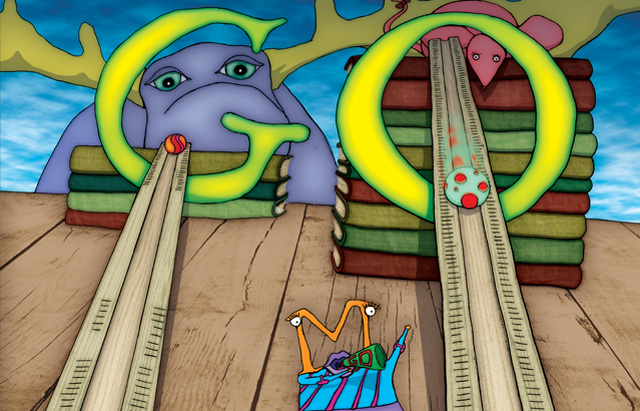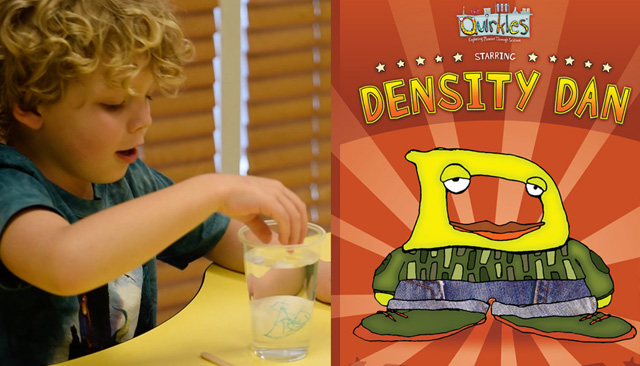We have a standard for reading, math, and writing. What about a standard for perseverance? How do we measure that? Or is it even taught in most classrooms? With all the emphasis on standardized tests and teaching the standards, are we perhaps forgetting the most important quality students need to develop?
Did you know…
- Walt Disney was fired from the Kansas City Star in 1919 because his editor said he “lacked imagination and had no good ideas.”
- Elvis Presley was told by the concert hall manager that he was better off returning to Memphis and driving trucks (his former career).
- Thomas Edison was fired from Western Union for spilling acid that ate through the entire floor. He decided to pursue inventing full time.
- Bill Gates dropped out of Harvard and started a business called Traf-O-Data, which failed.
- Abraham Lincoln tried his hand at multiple businesses which failed prior to becoming president.
The list goes on and on. It is easy to see for almost every great success story, there were many attempts, and some would say failures, along the way.
So how do educators create an environment that encourages perseverance? Here are six ideas.

- Study people who have shown perseverance in the past. Albert Einstein, Helen Keller, Stevie Wonder are but a few.
- Allow time for students to retry an activity. For example, after reading the Quirkles book, Mary Motion, form teams to create a roller coaster and have races. Or try the Fuddlebrook money stack experiment (The Sled Race) to learn about friction. This definitely encourages perseverance!
- Density Dan’s Floating Egg activity can be used as a great object lesson for perseverance. Sometimes students feel like they are sinking or failing (like the egg in fresh water). However, when they step back and add a good attitude and perseverance (salt) it is much easier to “float” along.
- Don’t be too quick to answer questions. Encourage students to find the answers to their own questions. Sometimes it’s about the journey, not the destination.
- Consider Thomas Edison’s quote as your class motto. “I never failed once when I invented the light bulb. It just happened to be a 2,000-step process.”
- Create an environment where getting an “A” is not the only measure of success. How about looking at the number of times a student tried an activity? Does anybody ever get an award for this?

For many schools across the country, standardized tests will be completed during the month of April. How about using the remaining days of the school year to concentrate on activities that teach perseverance? You might just find the end of the school year enjoyable and the students will greatly benefit too!
Good luck and keep on trying. The best is yet to come!


